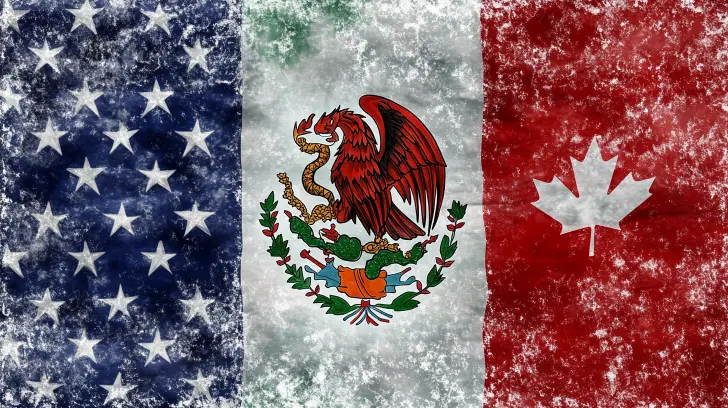MEXICO CITY (Reuters) – The Mexican government has temporarily halted its interactions with the U.S. and Canadian embassies after their ambassadors expressed concerns over a judicial reform backed by President Andres Manuel Lopez Obrador.
President Lopez Obrador announced the pause during a press conference, clarifying that the freeze in relations is specifically with the embassies and does not extend to the countries themselves.
The judicial reform in question seeks to allow the public to elect judges, including Supreme Court justices. A committee in Mexico’s lower house passed the proposal on Monday, positioning it for potential approval by the newly elected Congress in September.
Supporters of the reform argue that it will enhance democracy and address a judiciary they believe is not adequately serving the public. However, critics warn that the reform could concentrate power in the executive branch, undermine judicial independence, and expose the courts to criminal influence.
U.S. Ambassador Ken Salazar recently described the reform as a “major risk to the functioning of Mexico’s democracy” and warned of possible negative impacts on the U.S.-Mexico trade relationship, as the two nations are each other’s largest trading partners. Canada’s ambassador, Graeme Clark, also raised concerns about the potential effects on investment.
Following Lopez Obrador’s comments, Salazar released a diplomatic note from the U.S. Embassy, dated August 23, expressing support for the concept of judicial reform in Mexico but voicing significant concerns that electing judges by popular vote would not effectively address judicial corruption or strengthen the judiciary.
The Canadian embassy did not immediately respond to requests for comment.
Lopez Obrador criticized Ambassador Salazar’s comments, stating that while the Mexican government would not expel the ambassador, they would urge him to read the Mexican Constitution and respect the country’s sovereignty.
The “pause” in relations with the embassies will remain in effect until there is confirmation that they will respect Mexico’s independence, according to Lopez Obrador.
Mexican Foreign Minister Alicia Barcena later supported the president’s stance in a message on X (formerly Twitter), emphasizing that decisions about Mexico are made by Mexicans. She noted that while relations with the U.S. and Canada are a priority and remain “fluid and normal,” the pause in relations with the embassies is a clear assertion of Mexico’s sovereignty.
The U.S. diplomatic note reiterated respect for Mexico’s sovereignty.
In financial markets, Mexico’s peso fell by 1.65% in early afternoon trading, continuing its decline since the June elections, in which Lopez Obrador’s preferred successor, Claudia Sheinbaum, won the presidency, and their Morena party secured a supermajority in the lower house and nearly a supermajority in the Senate. A two-thirds majority is required to amend the Constitution, which would be necessary for the proposed judicial reform.

